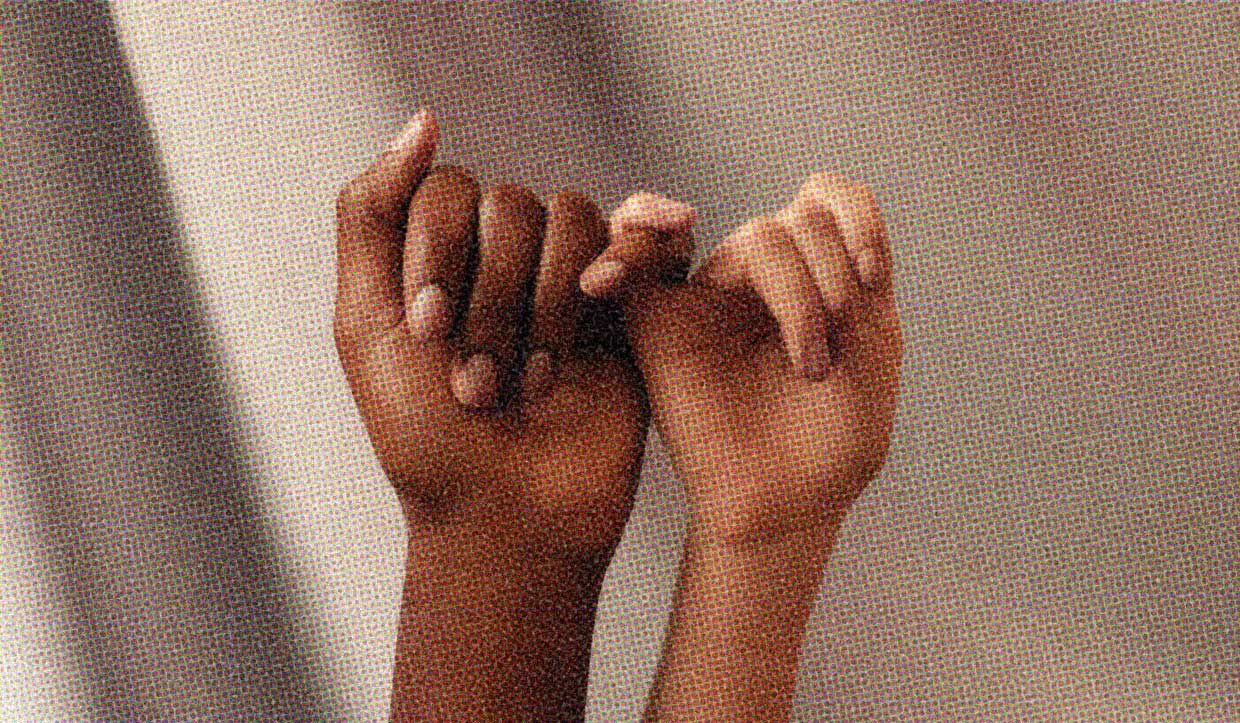
As the seasons change and the days shorten, many people notice a dip in mood and energy. For some, it’s mild and fleeting – the so-called "winter blues." But for others, it’s something more serious: Seasonal Affective Disorder, or SAD. The Mayo Clinic describes SAD as "a type of depression that’s related to changes in seasons, beginning and ending at about the same times every year."
SAD often begins in young adulthood, which means college students and 20-somethings starting their careers are particularly at risk. The National Institute of Mental Health notes that it’s most common in the winter months when natural light is reduced.
When you’re dealing with low energy, disrupted sleep, or a sense of hopelessness, the thought of flirting or meeting new people can feel impossible. SAD can dull your interest in activities you normally enjoy, including dating. Even messaging someone back might feel like too much effort. It can also change how you interpret social cues, making rejection sting more deeply or causing you to withdraw altogether.
That’s not a personal flaw, it’s a recognised symptom. Depression, including seasonal types, alters your motivation, focus, and emotional regulation. So if you find yourself ignoring matches, avoiding dates, or second-guessing your self-worth when the weather turns grey, it’s not you losing your spark, it’s your brain trying to adjust to reduced light and serotonin levels.
Campus life can be especially tricky during the darker months. Early lectures, long study sessions, and short daylight hours combine into a perfect storm for low mood. A study published by the National Library of Medicine found that changes in seasonality had measurable effects on students’ mental wellbeing and academic performance.
When you’re juggling assignments, exams, and social pressure, it’s easy to assume you’re just “tired”. But if you notice that each year around the same time you lose motivation, skip classes, or stop wanting to socialise, it could be seasonal depression creeping in. And because dating apps can amplify feelings of comparison and rejection, SAD can make them feel more draining than fun.
If this sounds familiar, try shifting your focus from meeting new people to nurturing existing friendships and low-pressure connections. Take daylight breaks between lectures. If you use HUD App, set your intentions clearly and give yourself permission to take breaks when needed.
The post-college years bring new responsibilities, but also new risks for seasonal mood shifts. Long commutes before sunrise and after sunset, office lighting, and screen fatigue all contribute to feeling depleted. Add to that the pressure to maintain an active social or dating life, and burnout becomes easy to confuse with disinterest.
Dr Susan Whitbourne explains that SAD isn’t one-size-fits-all: “Most people think of [SAD] as depression, but it could also be a seasonal pattern of manic episodes as well.”
Her point is that seasonal changes can affect everyone differently. For some people, it’s feeling low; for others, it’s restlessness or over-activity. Either way, it disturbs balance. In dating, that imbalance might show up as pushing too hard for connection when what you really need is rest, or withdrawing completely when gentle social contact could help.
You can’t control the seasons, but you can manage how you respond to them. Maximise daylight where possible. Keep a steady routine with sleep, meals, and physical movement. Seek out small, real-world moments of connection: A coffee with a friend, a walk with someone from class or work, or simply time outdoors.
If your low mood lasts for weeks, or you’ve lost interest in everything that once made you happy, talk to a healthcare professional. Light therapy and counselling are proven treatments for SAD, and starting early in the season can help reduce symptoms before they worsen.
Seasonal depression doesn’t have to derail your social or dating life. Understanding what’s happening in your mind and body helps you respond with compassion rather than criticism. If your motivation fades, take it as a cue to rest, not retreat. HUD App is here when you’re ready to reconnect, in your own time, and in your own light.
Read more
Desires
Fetish 101: Hands
If you’re the type who remembers someone’s introductory handshake – or what their hands (ahem) did later on – here’s why hands deserve their own spotlight.
